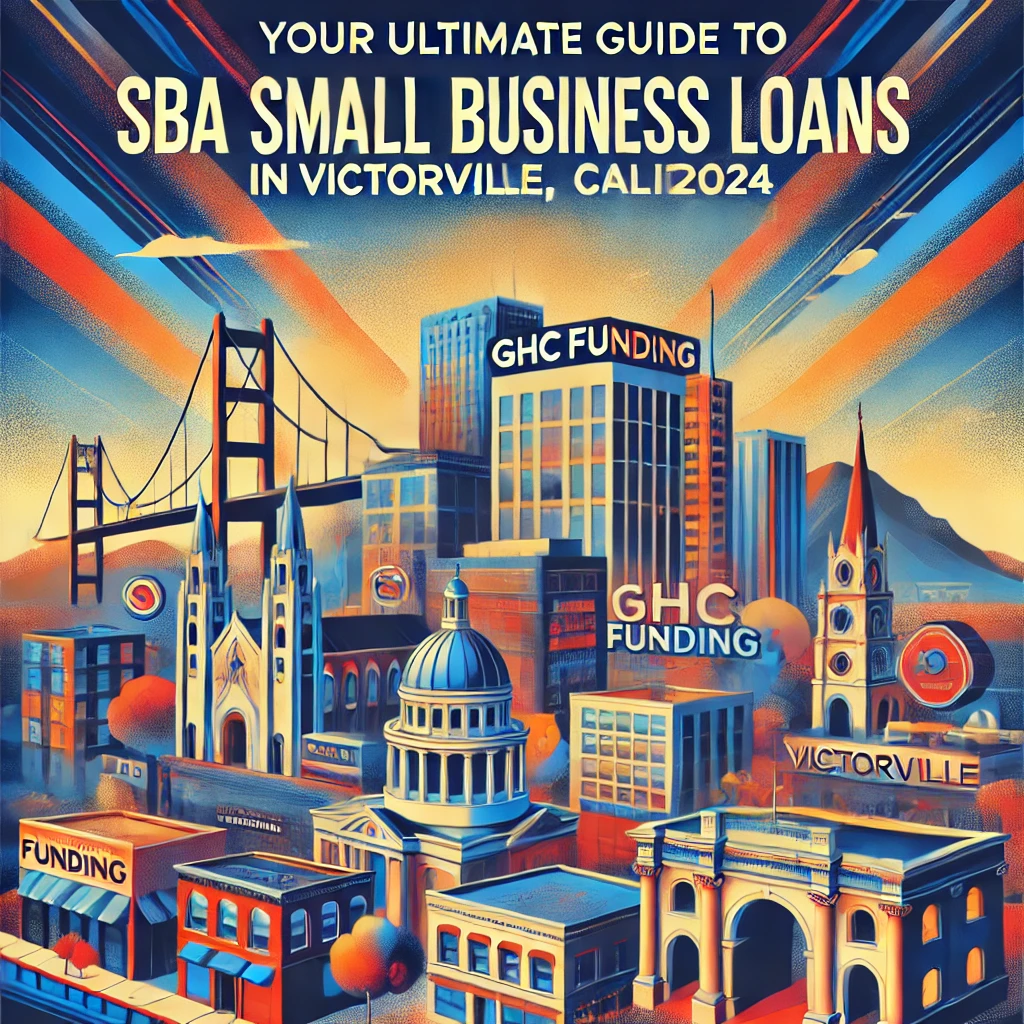401(k) Basics: The 2025 Alabama Resident’s Guide to Building Wealth
Are you an Alabama resident curious about maximizing your retirement savings in 2025? Understanding how a 401(k) works is the foundation of smart financial planning and long-term security. This guide will help you master the essentials, navigate employer matching, contribution limits, vesting, and provide actionable steps, real-world examples, and updated insights tailored to Alabama’s workforce.
- 401(k) Basics: The 2025 Alabama Resident’s Guide to Building Wealth
- Table of Contents
- What is a 401(k)?
- Why Should You Contribute to a 401(k)?
- 2025 401(k) Contribution Limits
- Understanding Employer Match
- Vesting Schedules Explained
- Step-by-Step: Enroll & Maximize Your 401(k)
- Real-World 401(k) Growth Scenarios
- Common Questions & Misconceptions
- Advanced 401(k) Strategies for 2025
- Best 401(k) Tools & Resources for Alabama Savers
- Conclusion
Table of Contents
- What is a 401(k)?
- Why Should You Contribute to a 401(k)?
- 2025 401(k) Contribution Limits
- Understanding Employer Match
- Vesting Schedules Explained
- Step-by-Step Enrollment & Maximize Your Savings
- Real-World Examples
- Common Questions & Misconceptions
- Advanced 401(k) Strategies for 2025
- Best Tools & Resources for Alabama Savers
What is a 401(k)?
A 401(k) is a tax-advantaged, employer-sponsored retirement savings plan. You contribute pre-tax income, your investments grow tax-deferred, and you withdraw the funds in retirement (generally taxed as ordinary income). Some employers also offer a Roth 401(k) option, allowing after-tax contributions and tax-free withdrawals in retirement.

- Traditional 401(k): Contributions reduce your taxable income now, but withdrawals are taxed later.
- Roth 401(k): Contributions are post-tax, but withdrawals (including earnings) are tax-free if rules are met.
Key Features
- Automatic payroll deductions make saving effortless.
- Wide range of investment options, often including mutual funds and target date funds.
- Employer matching: Potential free money!
Why Should You Contribute to a 401(k)?
Consistent 401(k) contributions help you:
Need capital? GHC Funding offers flexible funding solutions to support your business growth or real estate projects. Discover fast, reliable financing options today!
Test Your Expertise: The Complexities of the 1031 Exchange

As a sophisticated real estate investor, you understand that the 1031 Exchange is a cornerstone strategy for tax deferral and wealth accumulation. But beyond the basics, the intricacies of the 1031 Exchange rules can pose significant challenges. This quiz is designed to test your in-depth knowledge and highlight critical nuances that separate casual investors from true experts in 1031 Exchange transactions.
Instructions: Choose the best answer for each question.
⚡ Key Flexible Funding Options
GHC Funding everages financing types that prioritize asset value and cash flow over lengthy financial history checks:
-
Bridge Loans: These are short-term loans used to "bridge the gap" between an immediate need for capital and securing permanent financing (like a traditional loan or sale). They are known for fast closing and are often asset-collateralized, making them ideal for time-sensitive real estate acquisitions or value-add projects.
-
DSCR Loans (Debt Service Coverage Ratio): Primarily for real estate investors, these loans are underwritten based on the property's rental income vs. debt obligation ($\text{DSCR} = \text{Net Operating Income} / \text{Total Debt Service}$), not the borrower's personal income or tax returns. This offers flexibility for those with complex finances.
-
SBA Loans: The Small Business Administration (SBA) guarantees loans offered by partner lenders. While providing excellent terms (long repayment, lower rates), the application process is typically slower than private/bridge funding, often making them less suitable for immediate needs. SBA eligibility heavily relies on the DSCR metric for repayment assessment.
🌐 Learn More
For details on GHC Funding's specific products and to start an application, please visit their homepage:
The Ultimate DSCR Loan for Rental Property Quiz

Are you looking to expand your real estate investment portfolio? A DSCR loan might be the perfect tool to help you achieve your goals without relying on traditional income documentation. Test your knowledge with this quiz to see if you're ready to master the intricacies of a DSCR loan for rental property.
- Build a nest egg for retirement (crucial as pensions decline).
- Minimize current or future taxes.
- Benefit from compounding growth over decades.
- Potentially receive employer contributions, boosting your savings.
In Alabama, where the median household income in 2025 is about ,000, even modest contributions can grow to substantial retirement assets over time.
2025 401(k) Contribution Limits
- Employee deferral limit: $23,000 in 2025 (up from $22,500 in 2024).
- Catch-up contribution (age 50+): Additional $7,500 (total: $30,500).
- Employer + employee total limit: $69,000 (or $76,500 if age 50+).
Tip: These limits are per person, per employer. If you change jobs, track your annual contributions.
Understanding Employer Match
✅ Small Business Resources
-
SBA – Small Business Administration
https://www.sba.gov - SCORE Mentors (Free Mentoring & Workshops)
https://www.score.org - Small Business Development Centers (SBDC)
https://americassbdc.org
Are You an SBA Real Estate Loan Expert?

Test your in-depth knowledge on using SBA Loans for owner-occupied commercial Real Estate acquisition. These questions delve into the critical details that can impact your business's growth and financial strategy.
Many Alabama employers offer a 401(k) match. Typically, this might be:
- 50% match up to 6%: If you earn $60,000 and contribute $3,600 (6%), your employer adds $1,800!
- 100% match up to 3%: For a $55,000 salary, that’s up to $1,650 per year.
✅ Real Estate Investor Resources
-
AirDNA (Short-Term Rental Data)
https://www.airdna.co - Rentometer (Rent Comps)
https://www.rentometer.com - Zillow Research & Data
https://www.zillow.com/research
DSCR Loan IQ Quiz!

Test your knowledge of Debt Service Coverage Ratio (DSCR) loans!
Never leave free money on the table. Always try to contribute enough to get the full match.
Vesting Schedules Explained
Vesting refers to the ownership of employer contributions. Your own contributions are always 100% yours, but employer dollars may require time to “vest.” Example schedules:
- Immediate vesting: All employer money is yours right away.
- 3-year cliff: You become 100% vested after 3 years of service.
- Graded vesting: For example, 20% per year over five years.
Ask your HR department about your organization’s vesting schedule to plan ahead.
Step-by-Step: Enroll & Maximize Your 401(k)
- Sign up at work. Contact HR or your plan’s provider. Many major employers in Birmingham and Montgomery use providers like Fidelity, Vanguard, or Principal.
- Choose your contribution rate. Aim for at least enough to get the full match (commonly 3-6%). If you can, ramp up to 10-15% over time.
- Select investments. Most plans offer target date funds (based on your retirement age), stock/bond mutual funds, and sometimes company stock.
- Set or increase contributions each year. Many Alabama plans include automatic escalation—take advantage!
- Monitor, but don’t obsess. Annual reviews are plenty; don’t try to time the market.
- Update your beneficiaries regularly. Life changes (marriage, kids) require periodic updates.
Real-World 401(k) Growth Scenarios
| Scenario | Annual Contribution | Growth Rate | 25-Year Value |
|---|---|---|---|
| Birmingham teacher, 6% + 3% match, $55,000 salary | $3,300 + $1,650 | 7% | $384,000 |
| Montgomery nurse, maximizes 401(k), $80,000 salary | $23,000 + $4,000 match | 7% | $1,141,000 |
Assumes consistent contributions and average 7% annual return. These are estimates—your experience may vary.
Common Questions & Misconceptions
- Q: Can I withdraw before 59½?
A: Generally, no—penalties apply. But some exceptions exist (hardship, disability, Rule of 55). - Q: Can I lose money?
A: Like all investments, 401(k) balances can fluctuate. Staying invested helps you ride out downturns. - Q: Should I choose Roth or Traditional?
A: If you expect to be in a higher tax bracket later, consider Roth 401(k). Otherwise, traditional may provide greater tax savings today. - Q: What if I change jobs?
A: You can rollover your 401(k) to a new employer’s plan or an IRA—avoid cashing out!
Advanced 401(k) Strategies for 2025
- Maximize catch-up if you’re 50+. In 2025, contribute up to $30,500.
- Consider Roth splits. Many plans allow you to split contributions between Roth and Traditional.
- Utilize automatic escalation. Increase your contribution by 1% each year. Apps like Fidelity NetBenefits and Empower make this seamless.
- Rebalance regularly. Set a yearly reminder to adjust your investment mix—it’s often automated within the plan.
- Leverage financial wellness programs. Many Alabama employers now offer free 401(k) education—use it!
Best 401(k) Tools & Resources for Alabama Savers
- Fidelity Retirement Score
- Schwab 401(k) Calculator
- Investopedia 401(k) Basics
- Popular apps for managing your 401(k): Empower (formerly Personal Capital), Fidelity NetBenefits, Vanguard.
- Local Alabama state resources for retirement and consumer finance education.
Conclusion
The 401(k) is the single most powerful retirement savings tool for Alabama residents in 2025. By contributing consistently, maximizing employer matches, and taking advantage of the latest contribution limits, you can set the groundwork for a secure, prosperous retirement. Start today—your future self will thank you!
Get a No Obligation Quote Today.



